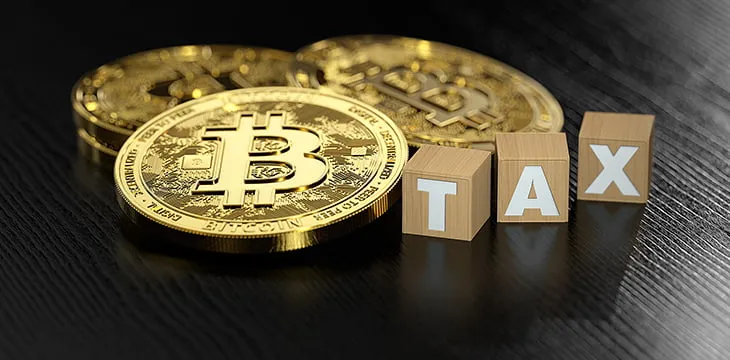|
Getting your Trinity Audio player ready...
|
India is looking to impose an 18% tax on digital currency trading. According to local reports, the government believes that the industry could provide up to $1 billion worth of taxes once the taxes are imposed.
The Indian government’s plan to tax the digital currency industry has been an open secret for a few months now. As CoinGeek reported in early December, one local newspaper claimed that the Income Tax Department was looking to impose a 30% tax rate. Indian tax experts have been advising their clients to file their returns as capital gains, as they would with stocks, to attract lower taxes.
As The Times of India now reports, the Finance Ministry is looking to impose an 18% goods and services tax on digital currency gains. Through its Central Economic Intelligence Bureau think tank, the Ministry put forward the proposal to India’s Central Board of Indirect Taxes and Customs for consideration.
The think tank estimates the Indian digital currency industry processes 40,000 crore INR ($5.5 billion) worth of transactions annually. An 18% tax could net the government close to 7,200 crore INR ($1 billion).
The think tank proposed that digital currency transactions should be categorized under intangible assets, the paper reports.
The Indian government’s efforts to tax digital currencies come at a time when many other countries are following a similar path. South Korea passed a tax proposal in July that requires digital currency holders to pay a 20% tax on profits above $2,260. This law comes into effect in 2022.
However, unlike South Korea, India is looking to tax an industry that it’s yet to regulate. The populous country, which is the third-largest economy in Asia, has even attempted to ban digital currencies. In September, the Indian government proposed a bill that would outlaw digital currency trading.
The anti-digital currency stance stretches back to the Reserve Bank of India’s ban that barred banks from processing digital currency payments. Fortunately, the Supreme Court overturned this ban earlier this year, setting the stage for a rapid surge in digital currency trading and ownership in India.
See also: CoinGeek Live panel, Digital Currency & Global Compliance: Tools & Tips for Exchanges, Wallets & Other Service Providers

 07-01-2025
07-01-2025 





